A scientific look at 'Does fate exist?'

by
From the breakfast menu to life-changing decisions, we make decisions every day, but if everything is decided by fate, then in fact we have not made any decisions at all. The science-related YouTube channel 'Kurzgesagt' has used an easy-to-understand animation to explain the issue of 'free will,' which divides the philosophical community.
Are You an NPC? - YouTube
Regarding free will, Kurzgesagt explains it using the term 'non-player character (NPC).'
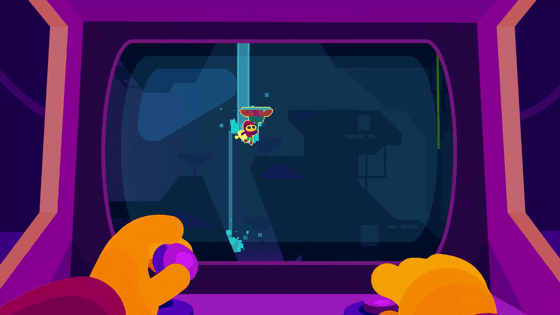
If people have free will, they should be able to decide for themselves how to act, just like when controlling a character in a game.

However, if a character's behavior is predetermined, then they are merely NPCs.
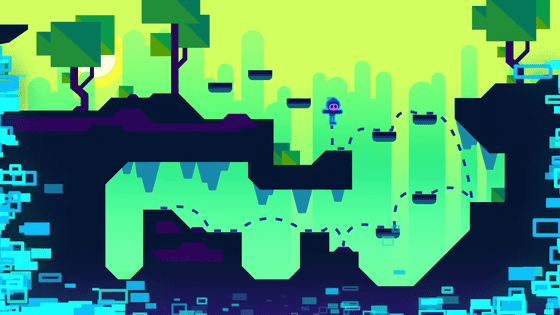
Determinists who deny the existence of free will argue that humans are NPCs.
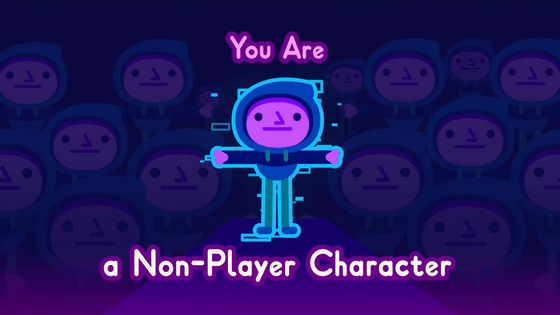
The human body can be broken down into organs, cells, molecules, atoms, and so on. In other words, humans are ultimately patterns of particles.
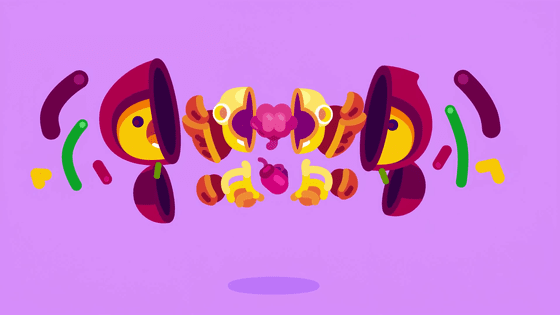
And the behavior of each individual particle is consistent.
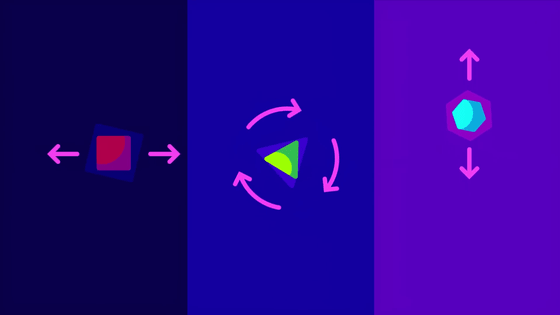
Let's imagine that a supercomputer with incredible power was observing the Big Bang, the beginning of the universe.
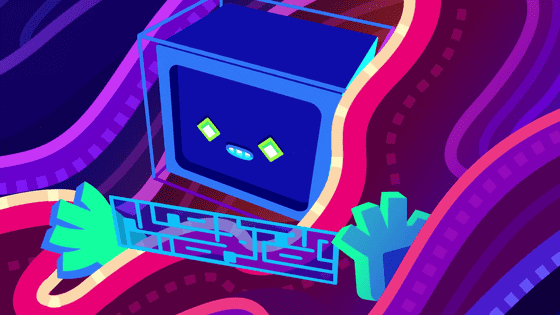
Since the movements of all particles are predictable, we should be able to understand what the world will be like by simulating the movements of all particles that have ever been born in the universe.

The brain's functions, which determine human behavior, were actually determined by a kind of 'fate' that began 14 billion years ago.
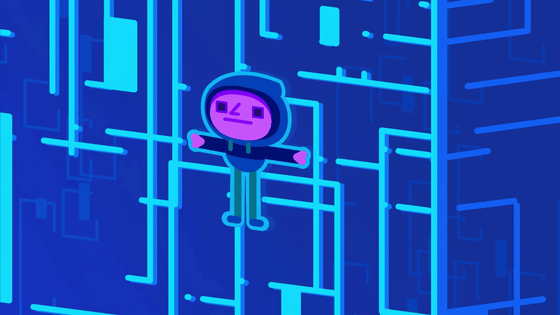
If you're knowledgeable in science, you might be wondering, 'But what about quantum?'
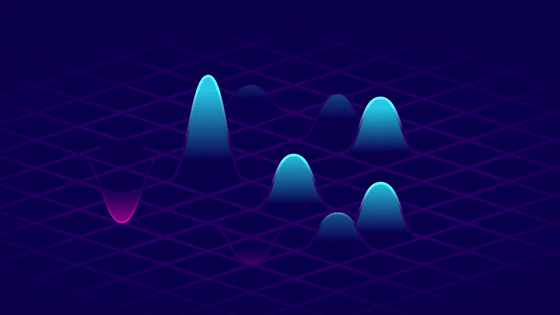
Quantum processes are inherently random and unpredictable, but quantum mechanics does not imply determinism.
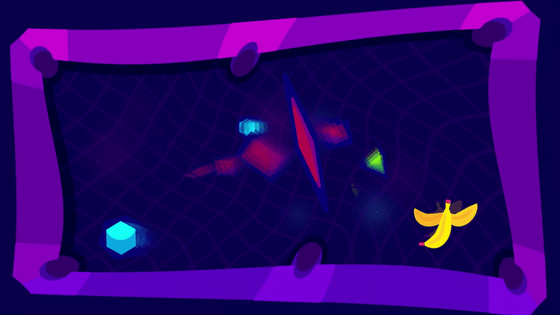
For example, suppose a randomly moving electron goes left instead of right.

This then triggers a series of neurons in the brain firing.
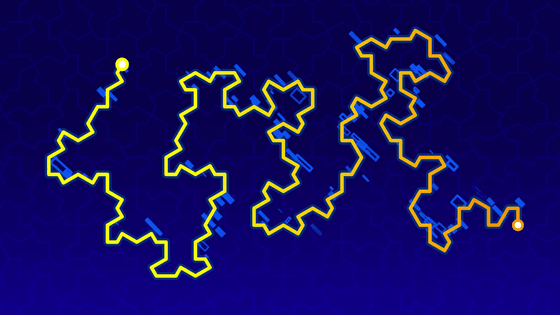
As a result, that person may decide to watch a YouTube video.

However, if the electron had gone to the right at the previous fork, you might have decided to quit the Internet and tidy up your room.

The individual has no power to decide whether the electrons in his brain go left or right. In other words, even if quantum movements are random, there is ultimately no free will.

The counterargument to this is non-determinism, which argues that humans are main characters, not NPCs.
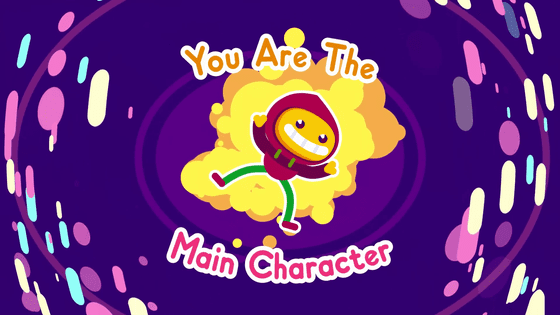
There is a
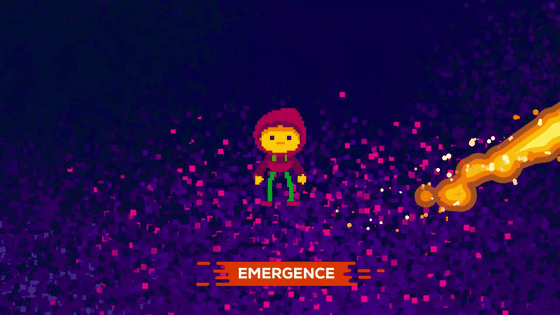
For example, if you jump into water, your pants will get wet.

Individual water molecules are not wet, but when they come together to form water, the new property of being wet is born. This is emergence.
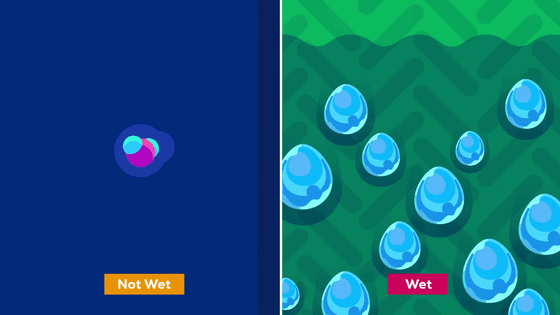
The coming together of tiny things gives rise to the next level - molecules, cells, organs, people, societies - and each new level gives rise to new properties, becoming more than the sum of its parts.

The hierarchies are connected to some extent, and molecules can explain cells, and cells can explain people, but because of emergence, elementary particles cannot explain galaxies, and quarks cannot explain human psychology.
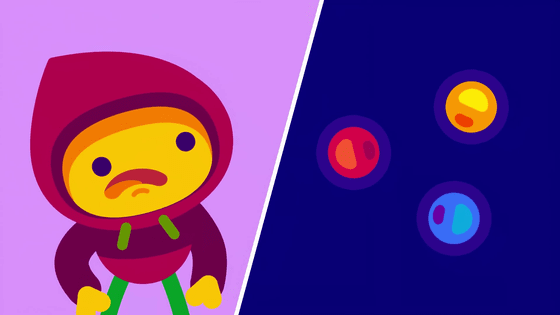
Similarly, individual neurons do not think about anything.
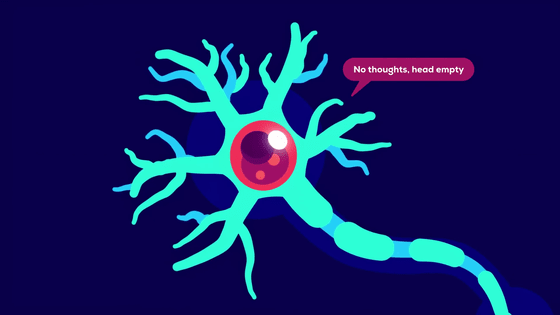
But the billions of neurons in your brain connect together and you decide to watch a YouTube video. Your decision affects the real world, and the world affects your decision. Some non-determinists believe this is where free will comes into play.
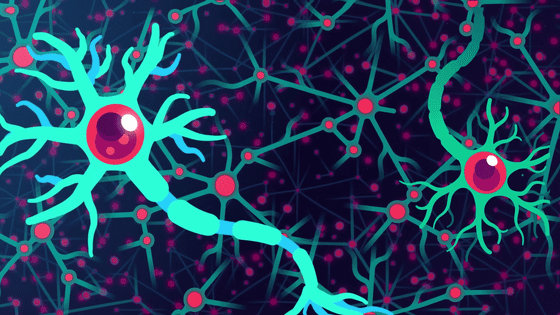
'I don't know if we have free will, but I personally think the idea of free will is more appealing,' Kurzgesagt said.

Related Posts:







